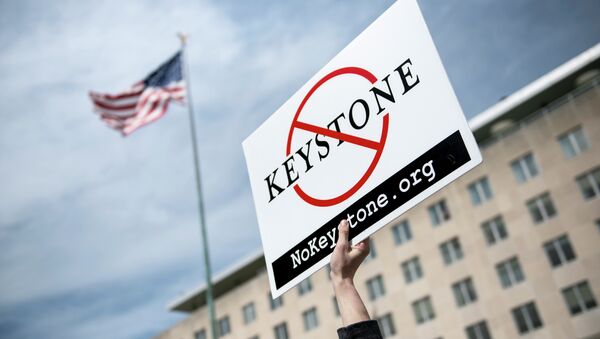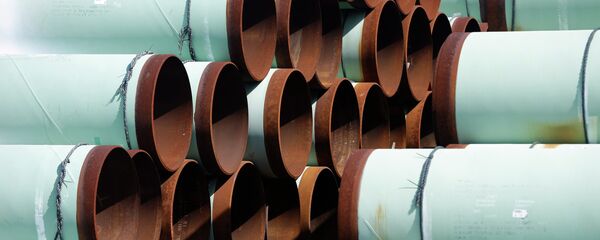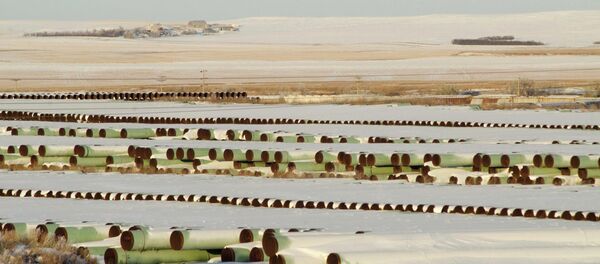“Next week we will take up the Keystone pipeline as passed by the Senate and send it to the President’s desk,” McCarthy, a Republican, said.
The Senate passed the bill on January 29 with 62 votes in favor and 26 votes against to build the 1,200-mile pipeline from Canada to the United States’ Gulf of Mexico.
By deciding to vote on the Senate version of the bill, the House will be able to speed up passing the legislation without holding a conference that would have otherwise slowed down its passage. Any change to the Senate bill would require both chambers to vote on the differences, according to congressional procedures.
US President Barack Obama said he would veto the bill. To override the president’s veto, both congressional chambers need to pass the bill with two-thirds of the vote.
McCarthy said passing the bill will end years of uncertainty and delay, and urged the president not to veto the legislation.
If the bill becomes law, the Calgary-based TransCanada Corporation will be able to construct a pipeline to transport about 830,000 barrels of oil per day from the Alberta Tar Sands in Canada to US refineries on the Gulf Coast and Midwest, according to the company’s proposed pipeline plan.
Environmental groups oppose the Keystone XL pipeline project and claim it will contribute to carbon emissions and climate change, while providing little benefit. However, the State Department released an environmental impact statement in January, saying the project will have no significant impact on the environment.



